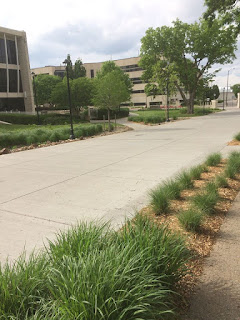PH 542 - Nonlinear Dynamics, Autumn 2016-17
Instructor Name Amitabha Nandi Course Type Honours/Elective (Core for DD) Course overview One Dimensional Flow, Bifurcations, Phase diagrams, Limit Cycles, Lorenz Equations, Chaotic Attractors, One Dimensional Maps, introduction to renormalization group theory Prerequisites No formal or informal prerequisites Credit distribution There was one quiz (15%), a midsem (30%) and an endsem (40%). Apart from that, there was a project, worth 15% of the grade. The topic could either be chosen by the student (after approval from the prof), or from a pool of suggested topics. Feedback on Lectures The lectures were extremely interesting, it really felt like the professor was giving his best. The lectures were blackboard based, so fast notetaking soon became the norm. Feedback on tutorials, assignments and exams The assignments were fairly tricky, towards the end. All the assignments were ungraded. Class notes (no printed material) was allowed in all the exams....

